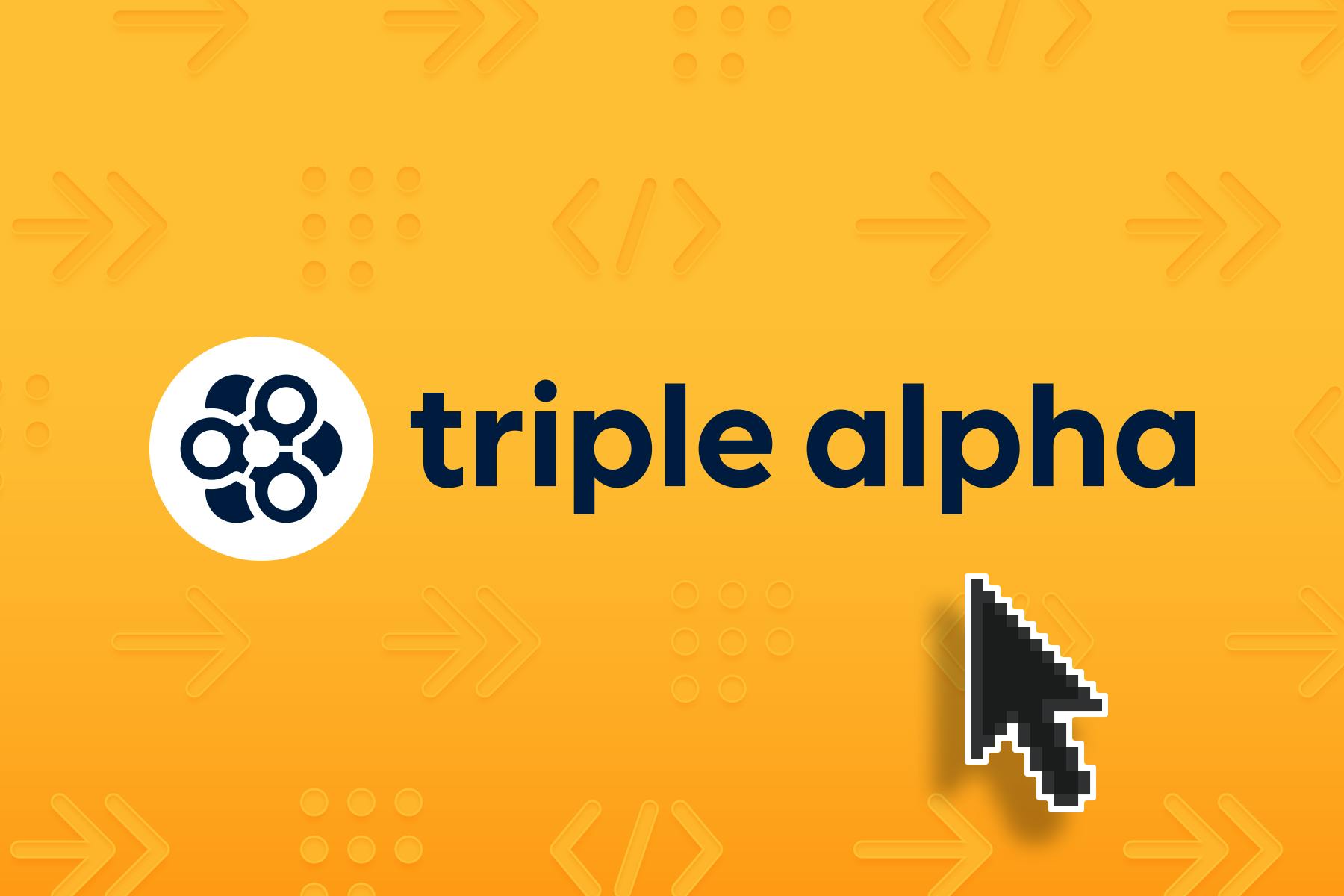Unveiling new capabilities in Triple Alpha
Unveiling new capabilities in Triple Alpha
Our CEO Dr Joe Fitzsimons took the stage at Q2B Silicon Valley to showcase the progress we’ve made in 2024, and demonstrate new and upcoming capabilities in Triple Alpha.
Technical progress includes the first steps towards a quantum operating system with dynamic quantum memory management, the ability to compile to measurement-based quantum computing (MBQC) architectures, a new architecture-independent optimisation engine and the introduction of full support for pulse control within our languages, Hydrogen and Helium.
At the heart of this update is our breakthrough in dynamic quantum memory management, which brings to quantum programming the equivalent of classical malloc() and free() functions. This capability allows programmers to dynamically allocate and release qubits within their quantum programs, unlocking unprecedented efficiency in resource utilisation. With dynamic memory allocation, qubits that are no longer in use can be repurposed, dramatically reducing the total number of qubits required for complex computations. This is particularly transformative for devices with limited qubit counts, enabling larger and more sophisticated quantum programs to run effectively.
Additionally, qubit pinning enables users to target specific physical qubits within their programs. This feature is essential for applications such as quantum error correction, where precise control over syndrome measurements is critical, and for pulse control, where calibration can vary between qubits. Developers in Triple Alpha are now able to mix physical (pinned) qubits with those allocated dynamically within their programs.
Our new MBQC compilation capability allows quantum programs to be converted into a sequence of measurements on entangled quantum states known as graph states. MBQC is widely used in purely photonic architectures and is also an important part of many protocols for encrypting quantum computation to preserve user privacy, known as blind quantum computing.
Our new simplification engine optimises the code produced by the compiler according to user-specified metrics. Unlike other approaches to reducing resource requirements in quantum programs, our approach is capable of simplifying programs regardless of the instruction set used. It is capable of discovering simplifications within circuit fragments in any instruction set, including group theoretic optimisations, such as the Euler decomposition, and simplifications involving non-unitary operations, such as dephasing and decoherence.
Finally, pulse control enables developers to take direct control over the pulses sent to the quantum processor while still being able to leverage the power of Helium and Hydrogen. This enables characterisation routines to be easily written in a hardware-agnostic way and to be deployed as APIs so that processors can be regularly monitored.
Taken together, these advances establish Triple Alpha as the most capable and versatile platform for quantum software development, empowering developers to tackle complex quantum programming challenges with unparalleled efficiency and flexibility.










